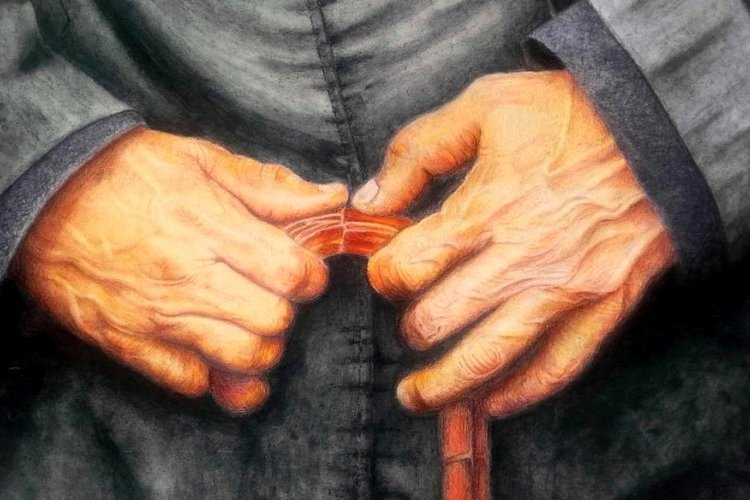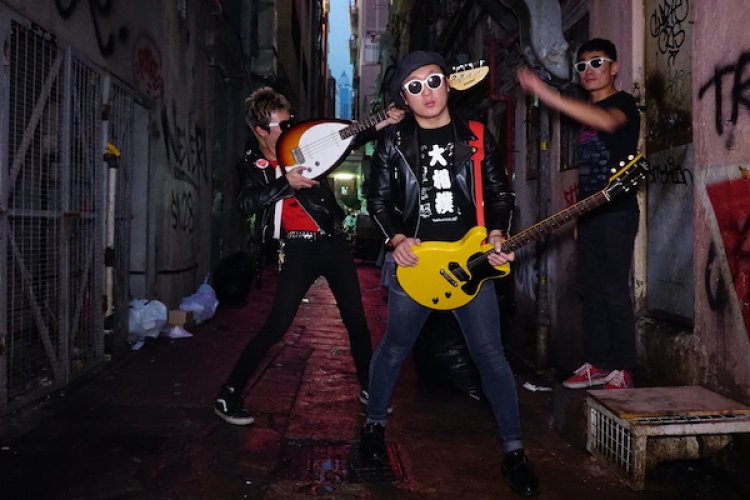Meet The Man Behind Beijing's First Vintage Car Museum
Way up in northeast Beijing's Huairou District, you'll find a peculiar museum filled with over 100 classic cars and automotive memorbilia. It's all privately owned, put together with love and care by one man: Luo Wenyou.
Luo Wenyou has been fascinated with machines and automobiles since he was a child. His collection journey first began in 1979 when he spent about RMB 5000 to acquire a blue Polish Warszawa. Luo still remembers the joy he felt when he became a private car owner in China. “You know it was really rare for anyone to own a car in the '70s in China as most were still riding bicycles at that time. It definitely felt like a dream come true for me."

In 1998, Luo had the opportunity to compete in the Louis Vuitton Classic China Run, a road rally in which classic car aficionados could race their vehicles from Dalian to Beijing. Being around so many vintage cars worked to pique Luo's interest, and he was eventually inspired to open a musuem showcasing such vehicles.
“I've always had a passion in collecting classic cars, but it was the first time I learned that there are actually classic car museums in other countries" said Luo of the event. "Not only that, the idea of classic car organizations and classic car races was also a huge eye-opener for me. I used to be just a collector and I just had my collections in the warehouse all to myself, but the competition changed me and made me feel like I could do a lot more than that.”
Luo later sold several of his businesses and dedicated his resources to forming the first classic car association in China. With lots of careful planning, he eventually opened the Beijing Vintage Car Museum in 2009.
Many of the cars featured at the museum are from different time periods. They include the Dongfanghong BJ 760 Sedan produced by BAW, to exotics such as the gift car presented to Mao Zedong by the Soviet Union and even some of the world’s first automobiles produced by Karl Benz.
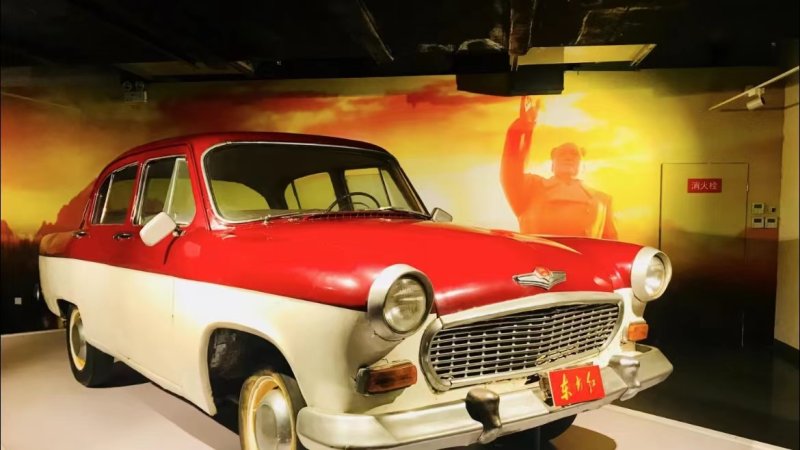
Even though his collection is eclectic, Luo is especially obsessed with China's first self-produced cars, especially those produced by Hongqi, an iconic home-grown car brand that's been used for parade vehicles at National celebrations. “I collected every possible model of Hongqi I could possibly ever collect, including Hongqi ambulances and Hongqi convertibles" Luo says.
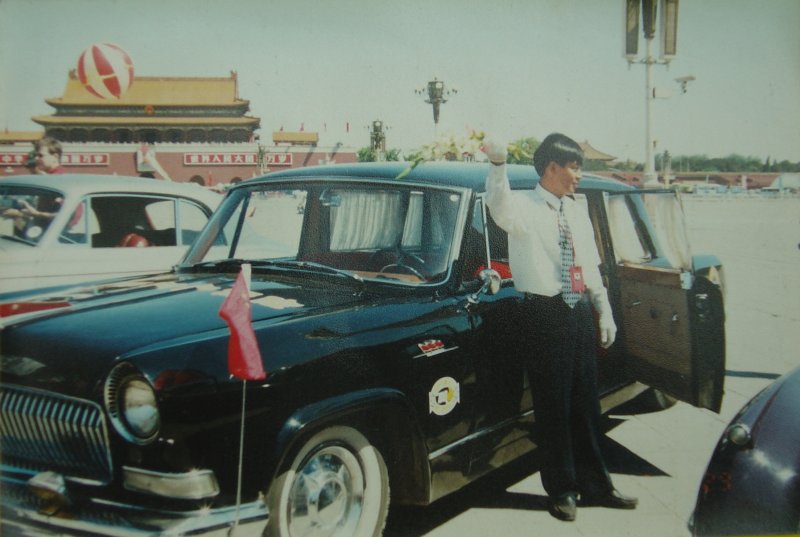
Luo still couldn’t get over the excitement he felt when he received a standing ovation while driving a Hongqi car during the Classic China Run in 1998. “There were Chinese fans applauding for me everywhere I went while I was driving the Hongqi and many foreigners also wanted to get their hands on a Hongqi. At the time many foreigners came to China for two things: One is to visit Tian'anmen Square, and the other is to ride in a Hongqi.”
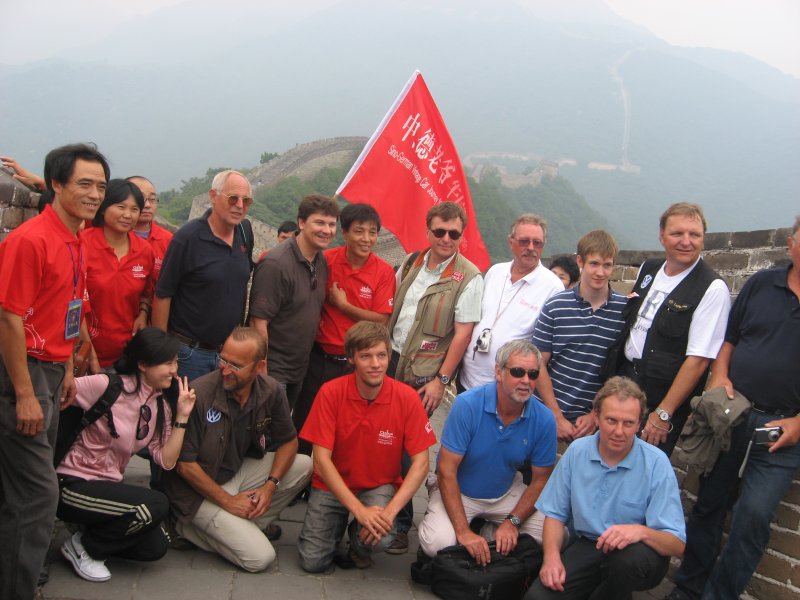
The road for Luo and his classic car collection hasn't been without bumps and potholes. Although he initially received support from his family members, his family eventually turned their back on him as Luo doubled down on his investments in collecting classic cars. “I spent almost my entire life savings collecting these classic cars. It's hard to estimate how much money I spent exactly, but let's just say it was a lot of money, about RMB 700 million at least.”
In addition, Luo also poured out lots of money into maintaining the vehicles. “Cars aren't like regular goods such as ceramics and jade that can remain untouched for as long as you want, they require constant restoration and facelifts and they get rusty after a long time" he says.
“Many people, including my own family, think I am crazy for giving up everything I have had for classic cars, but for me, I still think it is worth it. I did this out of my love for classic cars. Also, I am very proud to spread Chinese classic car culture to the world and I feel like my efforts really mean something.”
Beijing Vintage Car Musuem 北京老爷车博物馆
19 Fengxiang First Park, Yangsong Town, Huairou District
怀柔区杨宋镇凤翔一园19号
Ticket Price: RMB 50
Hours: 9am-4pm (Closed Mondays)
Please note that the museum will be closed until the end of January due to the pandemic. Make sure to call ahead to inquire about the business status before you plan your visit.
READ: Last Remnants of Sanlitun Bar Street Set to Close
Images: Courtesy of Luo Wen You





